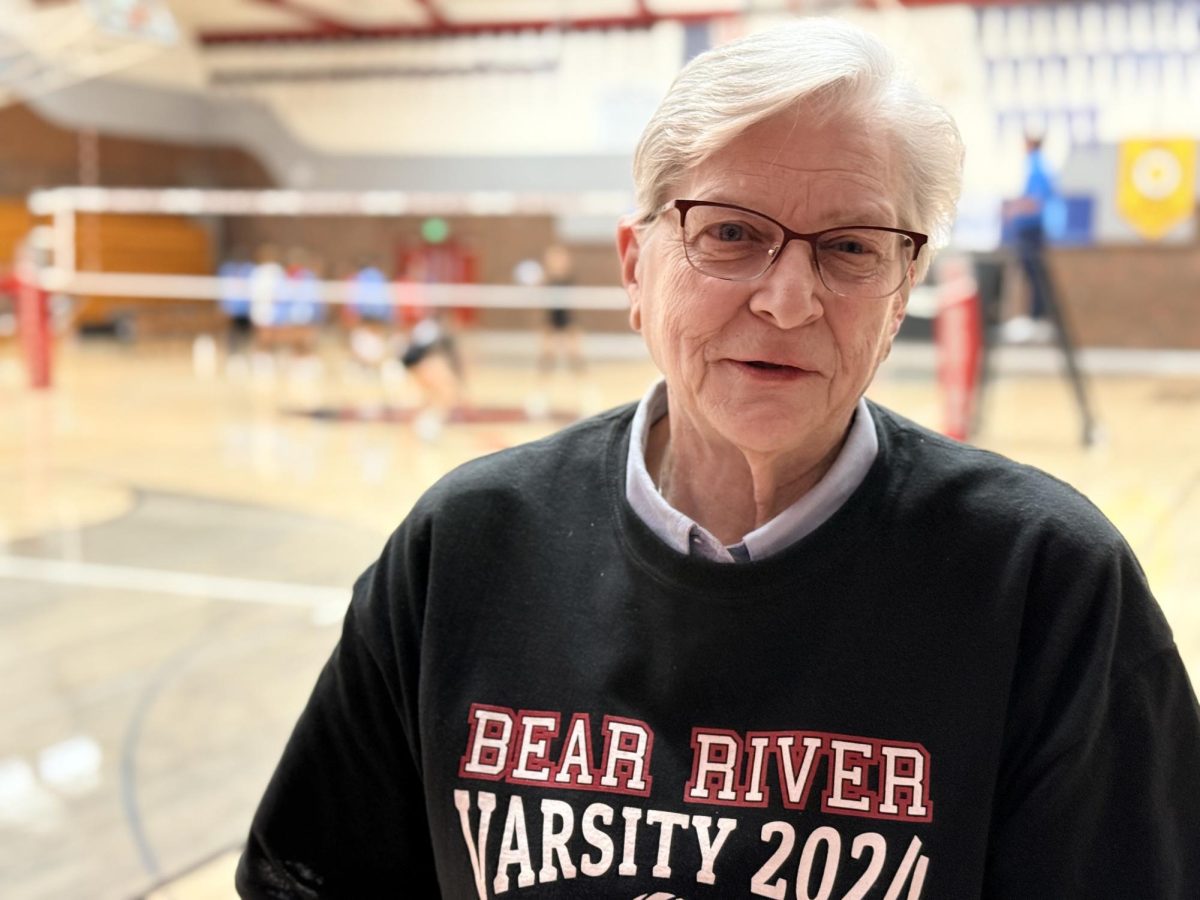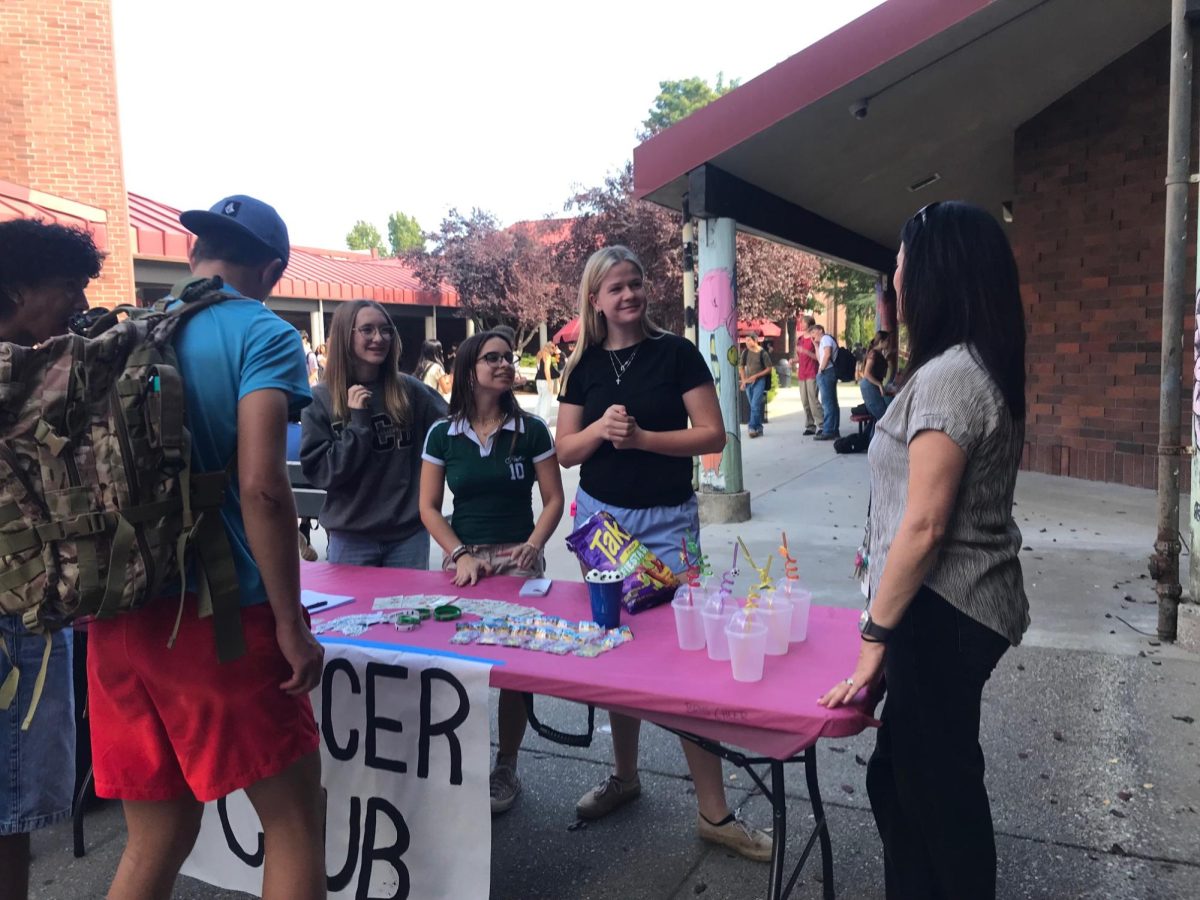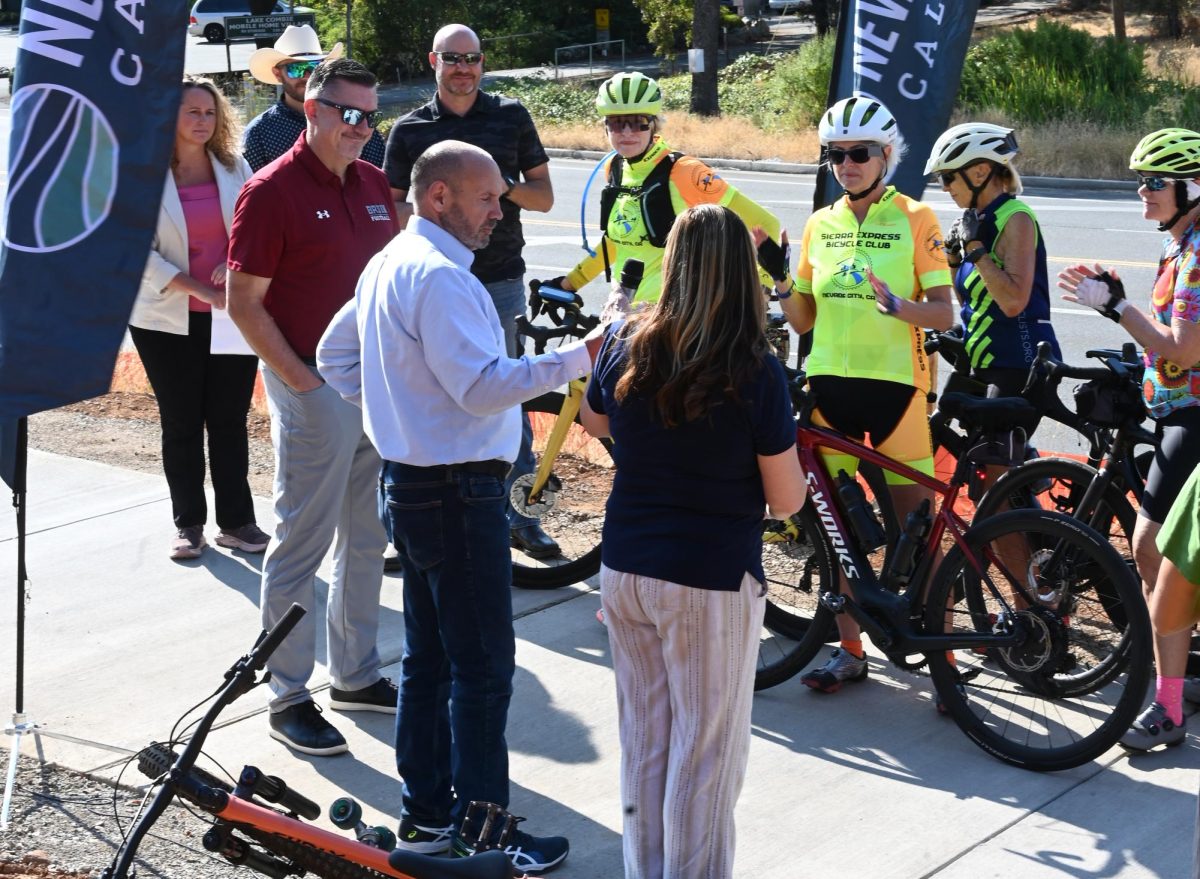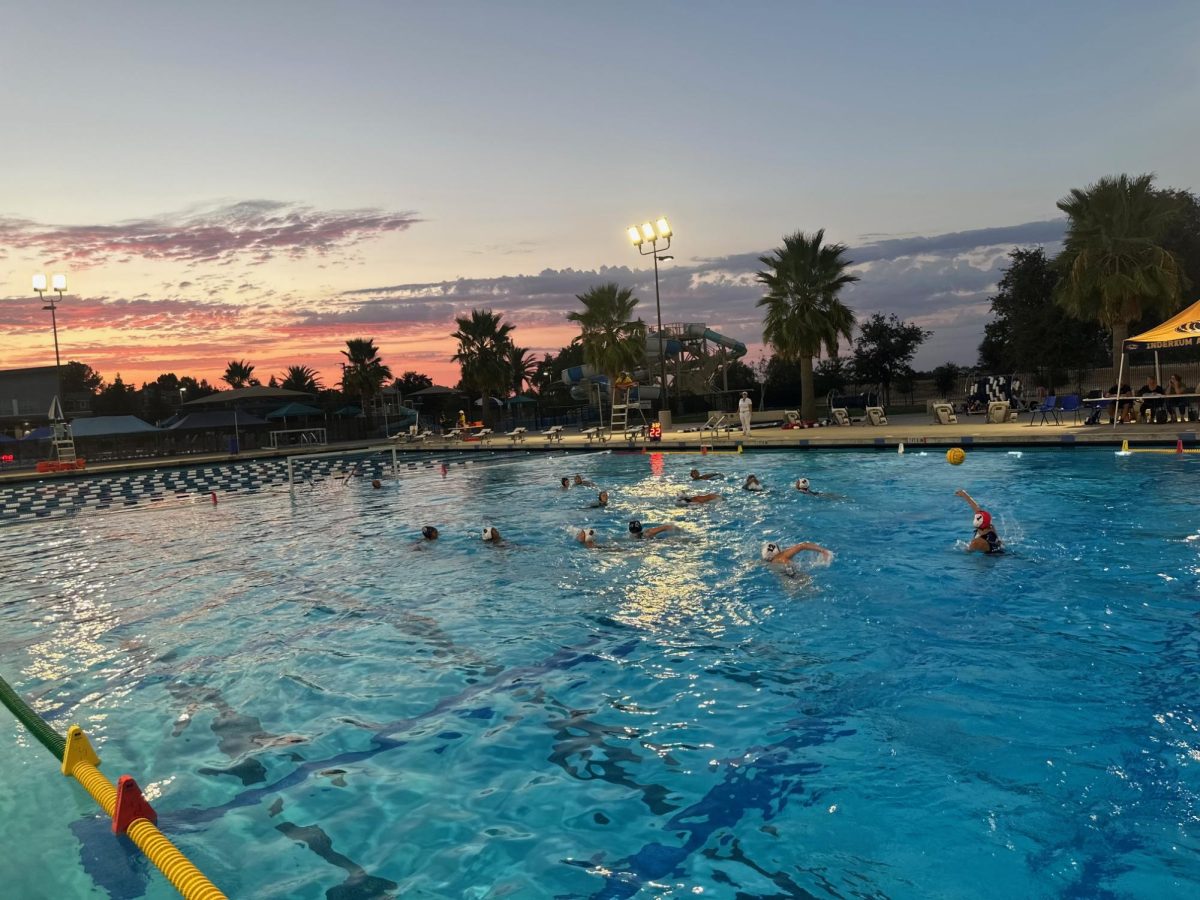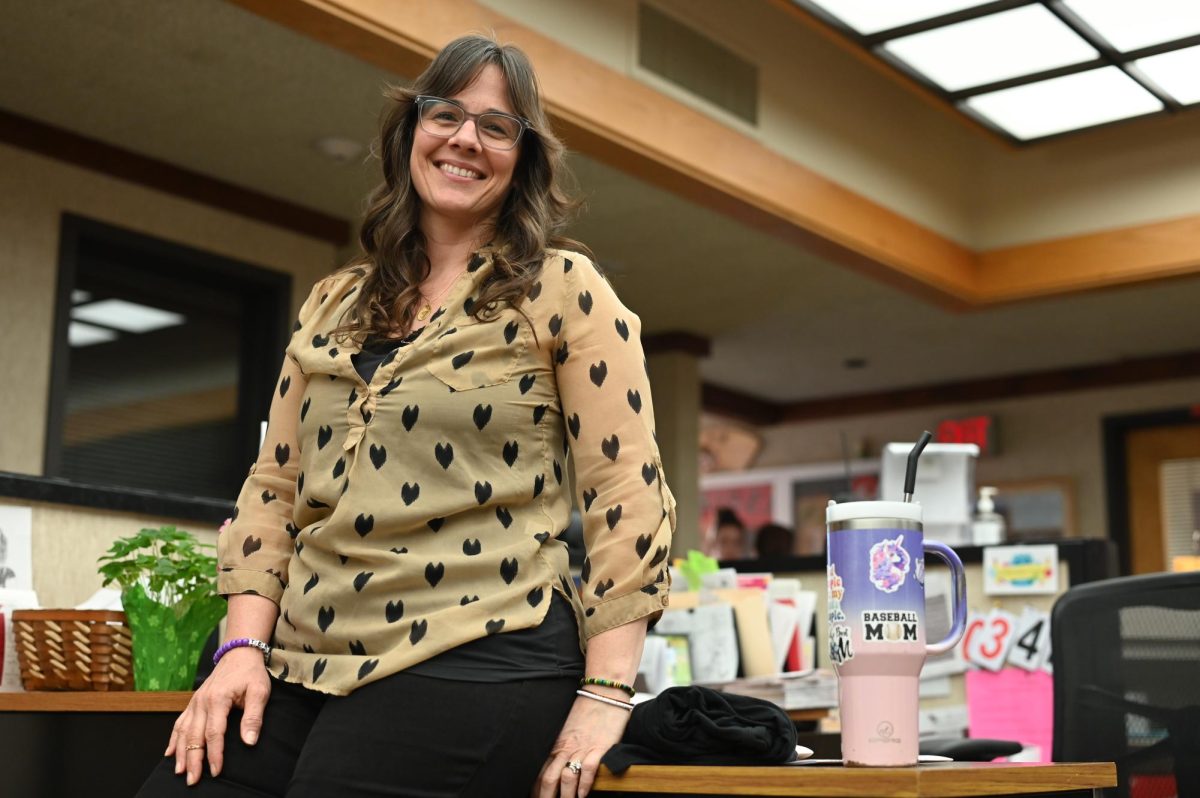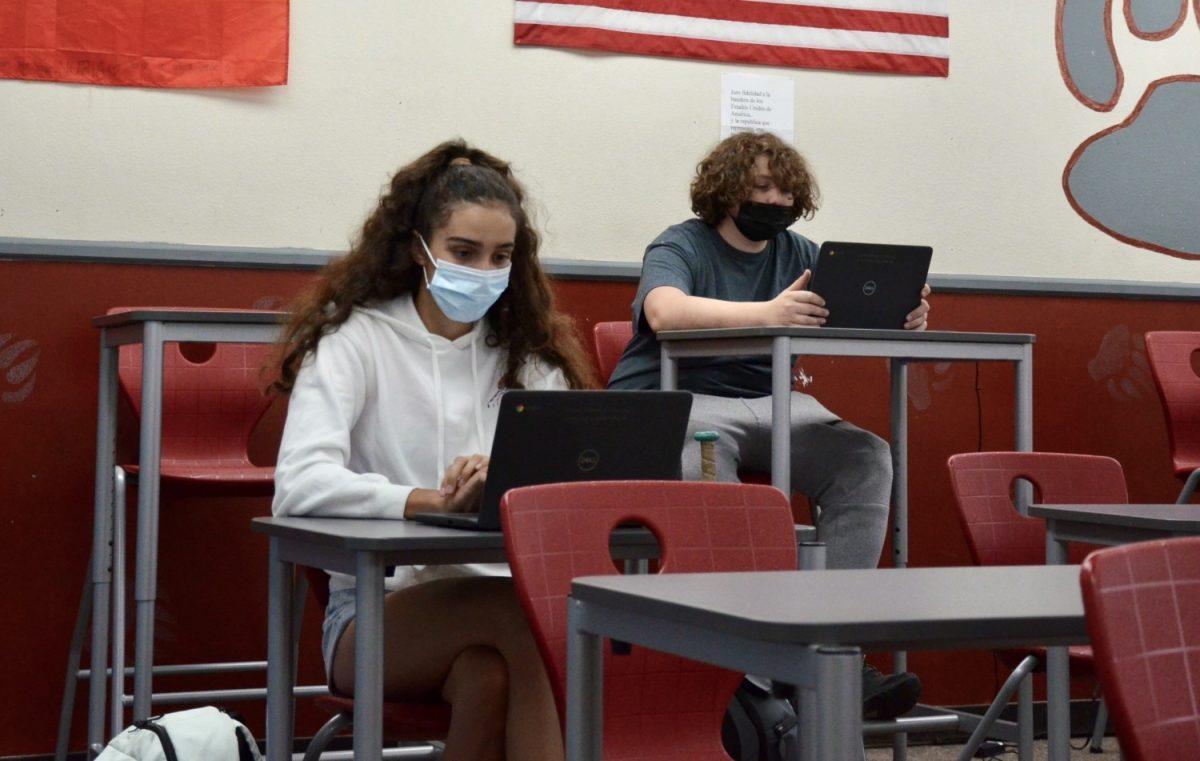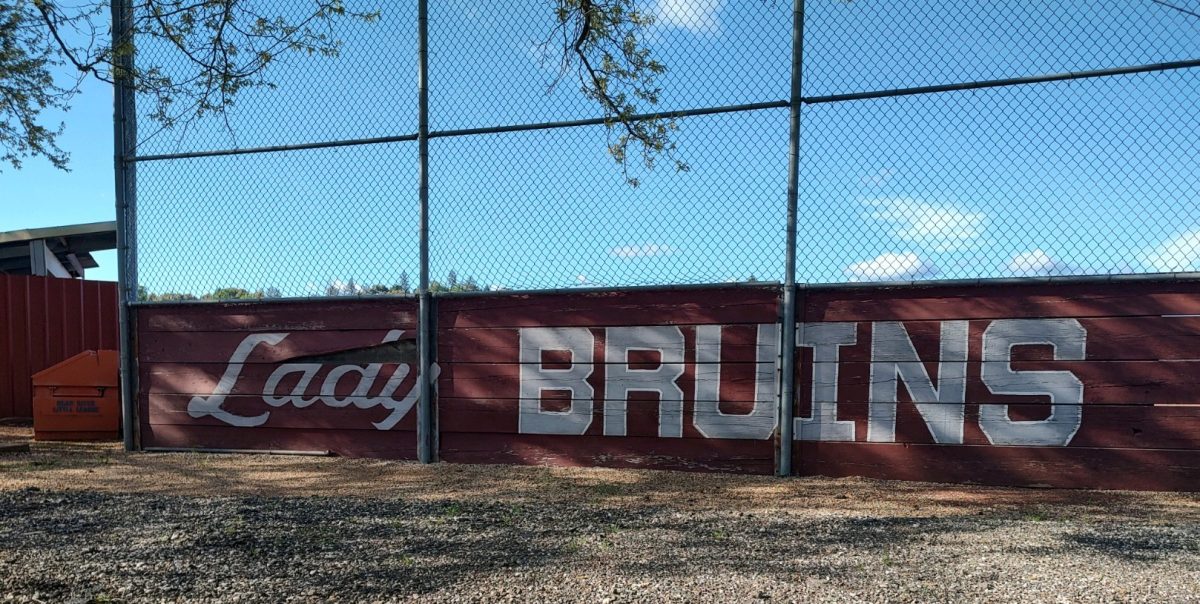Three years after the implementation of Get Focused, Stay Focused, many students find themselves deciding that while there were some valuable skills taught in the class, it ultimately did not help as much as the class is designed to do.
Get Focused, Stay Focused (GSFS) is a college and life readiness class required for all freshmen. In Get Focused, Stay Focused, the curriculum focuses on what they call a “Ten Year Plan.” It goes over the cost of living, college, careers, personal goals– essentially everything that takes place after high school graduation. Through this, it definitely teaches about certain aspects of life to better prepare students for the life they desire. However, this bases everything off of what you want in life at that moment, which isn’t very beneficial because, especially at a young age, minds change.
Josie Andrews, the Get Focused, Stay Focused teacher, touched on why she believed the class was important.
“I do think that it is a very important class,” she said. “It lays a great foundation to help students think about and plan their futures. When I ask students what they want to learn in school, they want life skills. GFSF teaches a lot of life skills– how to budget, how to interview for a job, how to set and maintain goals, etc. It also scaffolds the Senior Project– a lot of what we do in the freshman class gets reviewed and built on as sophomores, juniors, and seniors so by the time students are ready for their Senior Project, they have this great portfolio of work to draw from.”
Several students also reflected on the effectiveness.
“I think parts of it are important, but the curriculum was badly implemented,” said Jake Vogt, a junior. “The entire course acted as if you were going to live entirely in debt, and as the only financial provider in the home.”
“We were freshmen trying to figure out what we were going to do with the rest of our lives,” said Junior Grayson Scheda. “I’m going to be honest– I don’t have the same plan I did [in] freshman year.”
Despite the differing views on the significance of the class, everyone was able to learn at least something from it.
“I learned about living costs, how to select a college that you want to go to, how much necessities will cost, and so on,” said Junior Leilani Sauvageau.
“I honestly don’t remember much from that class except for messing around and having fun, but also learning about wages and stuff like that,” said Scheda.
However, most felt that the class didn’t quite teach them what it was intended to.
“I think that some of it seemed like you had to know too much about your future,” Sauvageau said. “For example, we had to figure out when we were going to have kids and get married which is something that many people can’t just set dates for in the future.”
“I disliked so many things, including the fact that it was put together last minute and wasn’t thought through very well,” said Vogt.
Adding onto Vogt’s point, Ms. Andrews agreed that the class isn’t fully developed yet.
“I think that in order for this to be successful, it really needs to be part of the school culture,” she said. “It’s still in the beginning stages, but I look forward to seeing the program grow!”
She also mentioned the fact that some students simply do not take it seriously.
“Some students take it very seriously and others think that it’s a joke,” she said. “Ultimately it’s about them– the kind of lifestyle they want to lead and the kind of person that they want to be. … I want the students to have fun with it, and enjoy the class. Whether they take it seriously or not, I hope that they are able to get something out of it.”
Scheda confirmed that he had fun in Get Focused, Stay Focused.
“I didn’t dislike anything about [Get Focused, Stay Focused], it was a really fun class,” he said.
Maybe the class wasn’t quite as helpful as it was intended, but it was a fun experience for many nonetheless.


